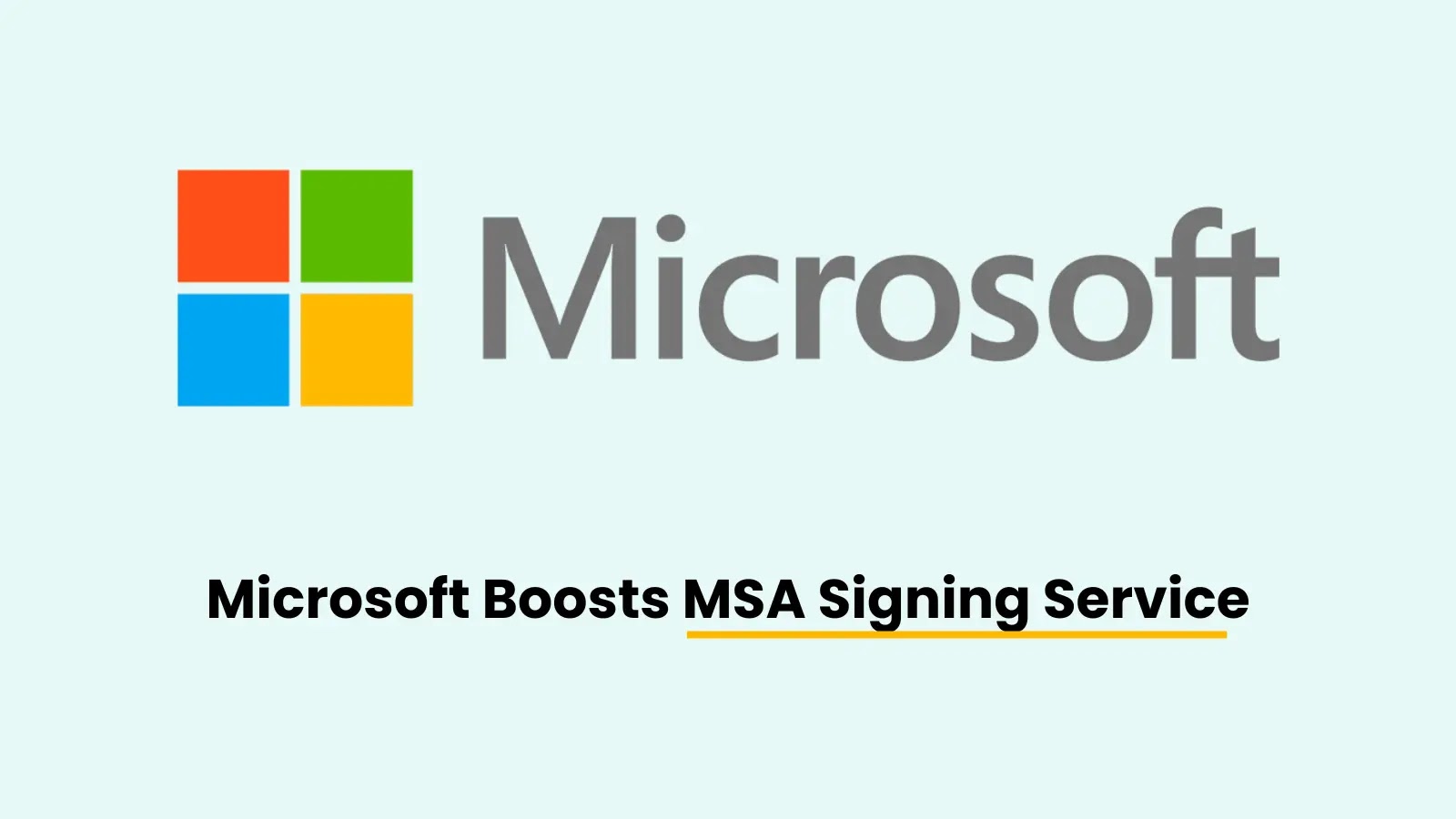In response to the 2023 Storm-0558 cyberattack, Microsoft has significantly bolstered the security of its Microsoft Account (MSA) signing service by migrating it to Azure confidential virtual machines (VMs). This strategic move aims to provide enhanced hardware-based isolation between token signing processes and their underlying hosts, thereby mitigating potential attack vectors.
Background on the Storm-0558 Breach
The Storm-0558 incident involved a sophisticated cyber espionage group, believed to be state-sponsored, that exploited vulnerabilities within Microsoft’s authentication systems. The attackers managed to acquire an inactive MSA consumer signing key, which they used to forge authentication tokens. This breach allowed unauthorized access to the email accounts of approximately 25 organizations, including U.S. government agencies. The method by which the attackers obtained the signing key remains under investigation, highlighting the need for robust security measures.
Migration to Azure Confidential VMs
As part of its Secure Future Initiative (SFI), Microsoft has transitioned the MSA signing service to operate on Azure confidential VMs. These VMs offer a secure execution environment that ensures data remains encrypted not only at rest and in transit but also during processing. This comprehensive encryption strategy significantly reduces the risk of unauthorized access to sensitive information.
Defense-in-Depth Protections
In addition to the migration, Microsoft has implemented multiple layers of defense-in-depth protections for both Microsoft Entra ID and MSA token signing keys. These measures include:
– Enhanced Isolation: By running the signing services on Azure confidential VMs, Microsoft ensures that the token signing processes are isolated from the underlying host systems, reducing the attack surface.
– Automated Key Rotation: The company has automated the rotation of signing keys, allowing for high-frequency key replacement without human intervention. This practice minimizes the window of opportunity for potential attackers to exploit compromised keys.
– Improved Auditing and Telemetry: Microsoft has upgraded its auditing telemetry to detect and respond to suspicious activities more effectively. This enhancement enables quicker identification and mitigation of potential security incidents.
Validation Through Rigorous Testing
To ensure the effectiveness of these security enhancements, Microsoft conducted thorough Red Team exercises and response drills. These assessments validated that the improved auditing telemetry and reduced key validity periods significantly enhance the company’s ability to investigate and respond to potential attacks. The insights gained from this research have informed Microsoft’s detection strategies and provided a deeper understanding of defending against sophisticated cyber threats.
Secure Future Initiative (SFI)
The migration to Azure confidential VMs is a component of Microsoft’s Secure Future Initiative, described as the largest cybersecurity engineering project in the company’s history. The SFI focuses on six engineering pillars, with Protect identities and secrets being particularly relevant to the MSA signing service migration. Under this pillar, Microsoft aims to protect cryptographic signing keys through hardware storage and protection with rapid, automatic rotation.
Progress in Related Security Areas
Beyond the MSA signing service migration, Microsoft reports significant progress in related security areas:
– Standardized Token Validation: Ninety percent of identity tokens from Microsoft Entra ID for Microsoft applications are now validated using a standardized implementation, ensuring consistency and security across services.
– Phishing-Resistant Multifactor Authentication (MFA): Ninety-two percent of employee productivity accounts and 100% of production system accounts now utilize phishing-resistant MFA, enhancing the overall security posture.
Preparation for Post-Quantum Cryptography
Looking ahead, Microsoft is preparing its identity and public key infrastructure systems for a post-quantum cryptography world. The company has added support for quantum-resistant algorithms in the Windows core cryptographic function library, ensuring that its systems remain secure against future quantum computing threats.
Conclusion
Microsoft’s proactive measures, including the migration of the MSA signing service to Azure confidential VMs and the implementation of defense-in-depth protections, demonstrate the company’s commitment to enhancing security in the wake of the Storm-0558 breach. These efforts not only address the vulnerabilities exploited in the past but also lay a robust foundation for defending against future cyber threats.



